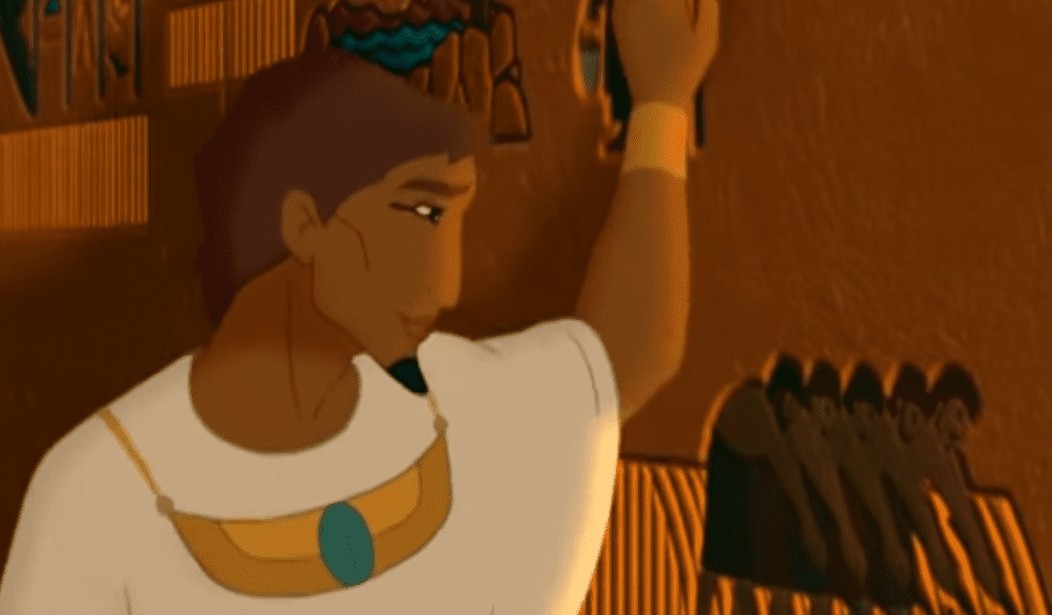Continuing a plan to get through the entire Bible in a year, follow as I journal through the reading. I have chosen a straightforward approach that begins in Genesis and ends in Revelation. This will not be an in-depth study or a comprehensive commentary. There are plenty of sources for such material. This is stage one Bible reading, taking the text at face value and sharing impressions.
Today’s reading comes from the book of Genesis, chapters 41 and 42, detailing how Joseph catapulted from a prison pit to the second most powerful man in the world. Some impressions from the text:
- “It is not in me; God will give Pharaoh a favorable answer.” As noted previously, the accurate interpretation of dreams served as a credential for both Joseph and God. When Pharaoh was given dreams which his wise men could not interpret, the cupbearer remembered Joseph. In turn, Joseph passes credit entirely to God, as he should.
- What a swing of fortune! In an instant after intrepreting Pharaoh’s dream fortelling seven years of plenty to be followed by seven years of famine, Joseph goes from a forsaken prisoner to second in command of Egypt. Pharaoh shows wisdom here, recognizing the authority of Joseph’s God. Pharaoh’s response to discovering the one true God should serve as a model for our own. He turned over his entire life, all of his affairs, to be directed by Joseph and Joseph’s God. For this reason, he and Egypt prospered.
- That swing of fortune places Joseph in a position which fulfills the prophetic dream of his youth. When the famine comes, the whole world comes to bargain with Joseph for the grain he stored away during the seven years of plenty. Joseph’s brothers, whose betrayal sent him to Egypt in the first place, are among those who come seeking grain. They thus find themselves bowing before him as prophesied in the dream which once angered them.
- It’s not clear what motivated Joseph to speak “roughly” and keep up the ruse that he was a stranger. Perhaps he was testing his brothers to see what kind of men they had become during the intervening years. Perhaps he merely wanted to maintain an advantage over them. In any case, maintaining the ruse enabled Joseph to see that his brother’s regretted their crime against him. It also allowed him to see how they loved one another.
Return soon as we continue our year-long journey through the text of the Bible.
(See: Joseph: Portraits through the Ages)
Catch up on the previous entries:
In the Beginning: The Creation, His Rest, Our Fall – Genesis 1-3
An End of All Flesh: Abel’s Murder, Man’s Corruption, and the Great Flood – Genesis 4-7
Noah’s Flood Led to History’s First Post-Apocalyptic Society – Genesis 8-11
Abram Believed: The Pre-Gospel Gospel – Genesis 12-15
Abraham, the Father of Faith, Also Harbored Doubt – Genesis 16-18
Twin Cities of Sin: The Judgment of Sodom and Gomorrah – Genesis 19-21
Was Abraham a Psychotic Child Murderer? – Genesis 22-24
Isaac Follows in His Father’s Footsteps – Genesis 25 and 26
Deception and Fraud, Not of God, But Used for His Purpose – Genesis 27-29
Jacob’s Dysfunctional Polygamous Family – Genesis 30 and 31
Jacob Wrestled with God and Man, and Prevailed – Genesis 32-34
Joseph Betrayed and Sold Into Slavery – Genesis 35-37
Joseph and the Suffering of the Righteous – Genesis 38-40








Join the conversation as a VIP Member